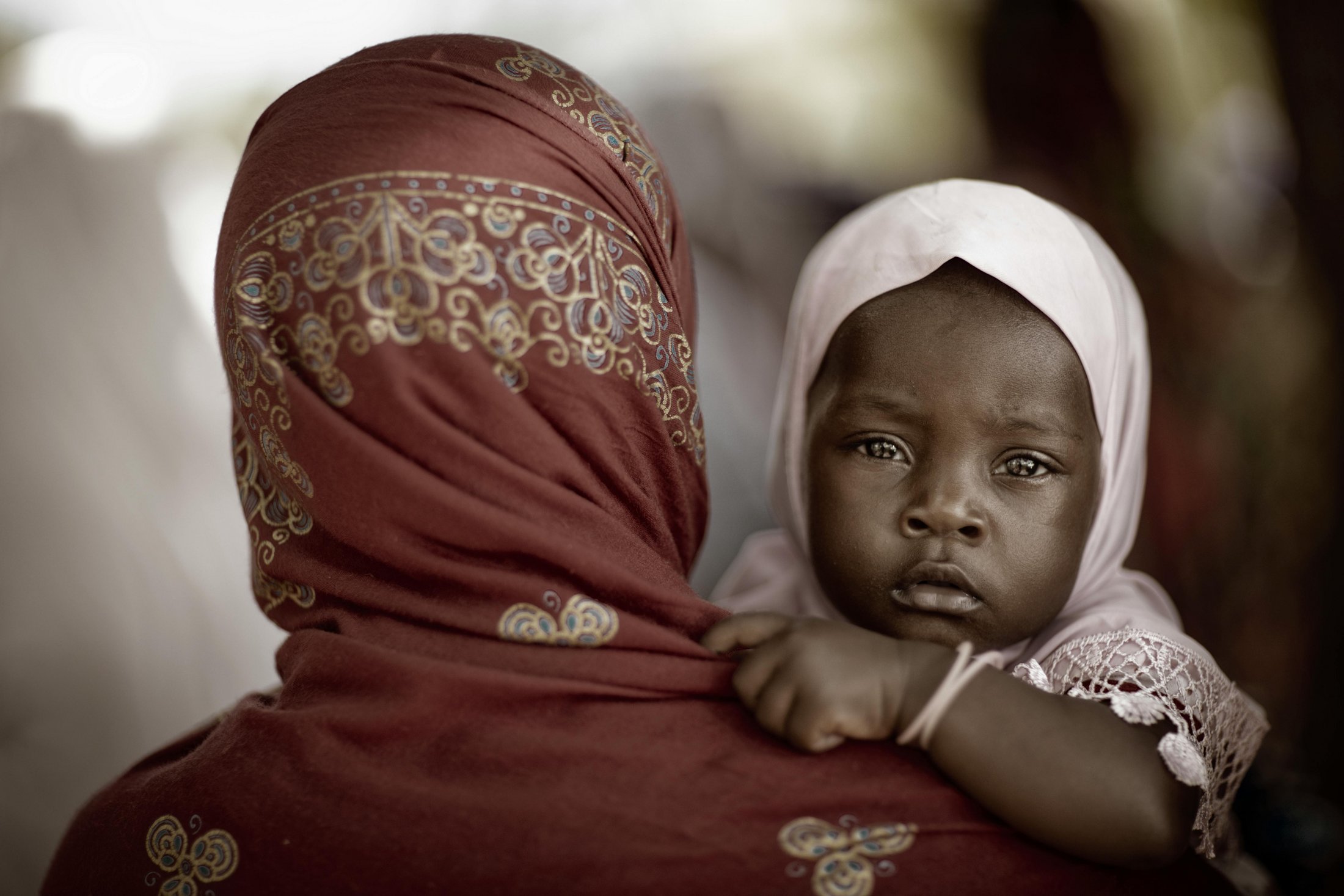Pregnancy Complications
Infant- and Family-Centered Developmental Care
Neonatal Eye Health
Hygiene
Rare Diseases

Quality healthcare for mothers and newborns is essential, yet many countries still struggle to provide it consistently. Despite national strategies, gaps in leadership, resources, and monitoring often prevent real improvements in care. To address these challenges, a group of countries partnered with the World Health Organization (WHO) and UNICEF to establish the Quality of Care Network. This network aimed to strengthen leadership, promote shared learning, and support local health systems in delivering safe and effective services. A recent evaluation of the initiative in Bangladesh, Ethiopia, Malawi, and Uganda showed that progress is possible but uneven, with important lessons for the future.
Access to safe and effective care for mothers and infants remains a global concern, especially in low- and middle-income countries. Challenges such as limited resources, weak accountability systems, and the impact of the COVID-19 pandemic have slowed improvements in many regions. Families often face uncertainty about whether the healthcare system can provide timely and compassionate support.
To address these gaps, several countries joined together to form the Quality of Care Network. This initiative encouraged governments to take the lead, supported by technical partners and regional collaborations. The goal was to make health services more reliable and equitable for mothers, newborns, and children by investing in leadership, learning systems, and stronger accountability.
The evaluation of the Quality of Care Network revealed that strong leadership and effective partnerships were key to driving progress. Countries with clear roles and responsibilities, and with partners committed to long-term collaboration, advanced more quickly. Investments at district and facility levels, such as mentorship programs, training, and adapting quality standards to local needs, were shown to be essential. Collaborative learning also played a major role, as facility and district networks shared knowledge and built on each other’s experiences.
At the same time, the evaluation highlighted persistent challenges. Many countries continued to depend heavily on external partners, making sustainability uncertain. Weak information systems and delays in data collection limited the ability to track results and demonstrate impact. Ensuring accountability through participatory mechanisms also remained a work in progress, requiring more investment and stronger structures.
For parents and caregivers, the study underlines the importance of healthcare systems that are reliable and respectful. When leadership is strong and learning is shared, families are more likely to receive consistent, safe, and compassionate care. For nurses, midwives, and doctors, the findings stress the need for supportive working conditions, ongoing training, and systems that encourage learning from mistakes rather than punishing them.
Looking forward, the study shows that building sustainable systems requires continuous attention to leadership, data use, and collaboration. While challenges remain, the progress made demonstrates that real improvements are possible when countries commit to quality at every level. Families, health workers, and decision-makers all benefit when care systems are designed to support dignity, learning, and accountability.
Paper available at: Building a Sustainable Future: Lessons from the evaluation of the Quality of Care Network for improving maternal, newborn and child health | PLOS Global Public Health
Full list of authors: Maliqi, B.; Cocoman, O.; Dohlsten, M.; Yaqub, N.; Banerjee, A.
© 2026 GFCNI. All Rights Reserved.